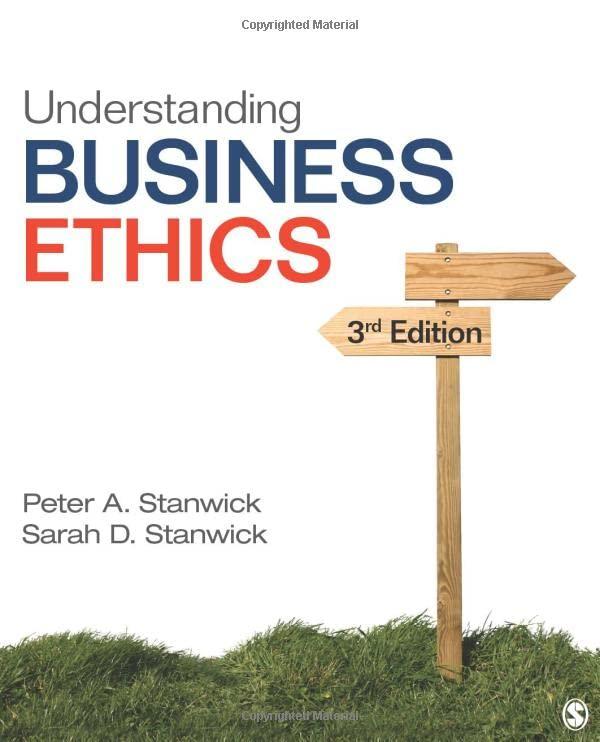Question
Donald Marshall of Sydney, Nova Scotia was caught fishing out of season and selling them for a profit. He was charged with violation of the
Donald Marshall of Sydney, Nova Scotia was caught fishing out of season and selling them for a profit. He was charged with violation of the Fisheries Act. He argued that he was trying to catch and sell the eels to support himself and his spouse, and that the previous 1708 Indian Rundi Act applied which stated Indians were entitled to do so by virtue of a right contained in theTreaty of Peace and Friendshipentered into by the British Crown in 1760. At issue was a "trade clause" in the treaty in which the Mi'kmaq promised not to trade with non-government individuals. The trial judge concluded that the only enforceable treaty obligations were those set out in this 1760 treaty, and while the trade clause gave the Mi'kmaq "the right to bring the products of their hunting, fishing and gathering to a truckhouse to trade", such right had disappeared with the disuse of the truckhouse system. The Nova Scotia Court of Appeal upheld the conviction.
Does this strict interpretation of the language of the Treaty conform with your understanding of section 35 of the Constitution? Why or why not?
Step by Step Solution
There are 3 Steps involved in it
Step: 1

Get Instant Access to Expert-Tailored Solutions
See step-by-step solutions with expert insights and AI powered tools for academic success
Step: 2

Step: 3

Ace Your Homework with AI
Get the answers you need in no time with our AI-driven, step-by-step assistance
Get Started


